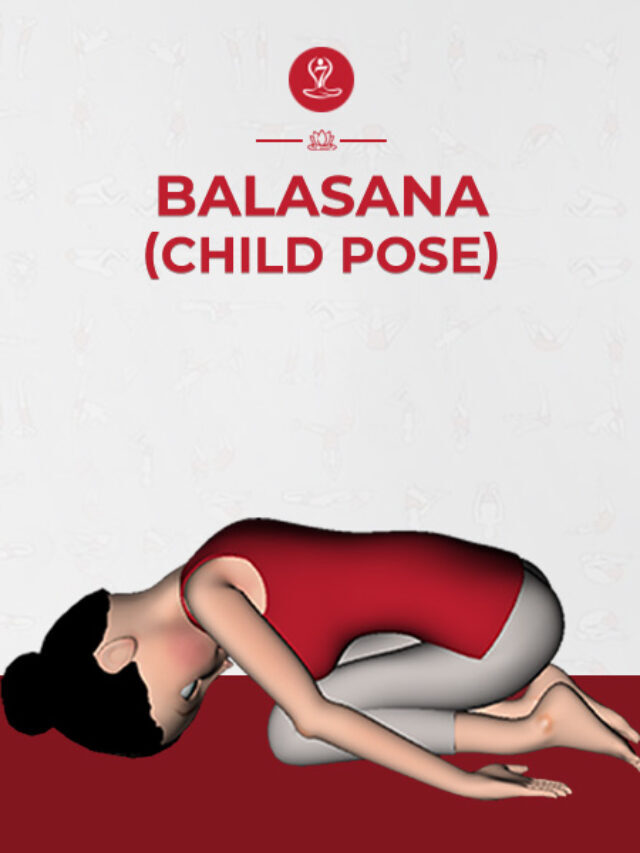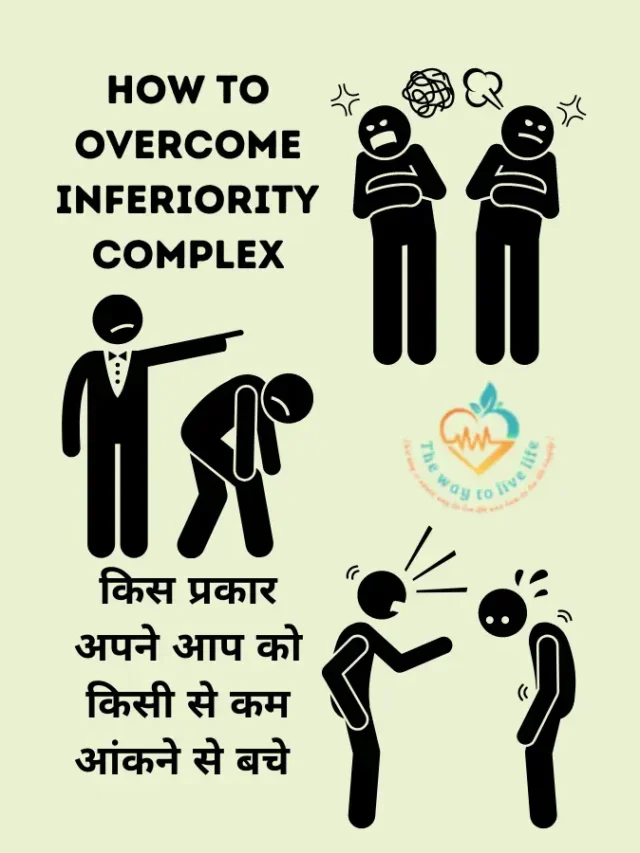Headache is a common condition that is characterized by pain or discomfort in the head, scalp, or neck. Headaches can vary in intensity, frequency, and duration, and can be caused by a variety of factors, including tension, dehydration, sinus congestion, migraine, medication overuse, or other underlying medical conditions.
Symptoms of headache can vary depending on the type of headache and the underlying cause, but common symptoms may include a dull or throbbing pain in the head, sensitivity to light or sound, nausea, vomiting, dizziness, and fatigue. In some cases, headaches may be accompanied by other symptoms such as fever, neck stiffness, or vision changes.
Read also: 5 things to treat Psoriasis with the help of Ayurveda
Treatment for headaches depends on the underlying cause and severity of the headache. In many cases, over-the-counter pain relievers such as acetaminophen or ibuprofen can help alleviate the pain and discomfort of a headache.
There are many potential reasons for a headache, including:
Tension headaches
These are the most common type of headaches and are often caused by stress or tension in the muscles of the neck and scalp. Tension headaches are the most common type of headache experienced by adults. They are often described as mild to moderate pain or pressure sensation that typically affects both sides of the head.
Tension headaches are often caused by muscle tension and contraction in the head, neck, and shoulders, which can be brought on by a variety of factors, including:
• Stress and anxiety
• Poor posture
• Fatigue
• Eye strain
• Dehydration
• Caffeine or alcohol consumption
• Lack of physical activity
In addition, relaxation techniques such as deep breathing, meditation, or gentle stretching may also help reduce tension and alleviate headaches. If you experience frequent or severe headaches, it’s important to talk to your healthcare provider to rule out underlying medical conditions and develop an appropriate treatment plan.
Read also: 10 Ways to Manage Stress?
Migraine
Migraines are severe headaches that can be accompanied by visual disturbances, nausea, and sensitivity to light and sound. They are thought to be caused by changes in the brain and may be triggered by certain foods, hormonal changes, or other factors.
Migraine headache is a type of headache that is characterized by recurrent episodes of moderate to severe pain that are often accompanied by other symptoms such as nausea, vomiting, and sensitivity to light and sound. Migraines typically affect one side of the head, although they can also affect both sides and can last from a few hours to several days.
Treatment for migraines typically involves a combination of medication and lifestyle changes. Over-the-counter pain relievers such as aspirin or ibuprofen can be effective for mild migraines, while prescription medications such as triptans, ergotamine, or beta-blockers may be needed for more severe migraines.
Read also:6 Habits to Quit right now and 3 Habits to Stay Strong in Hard Times!
Sinus headaches
These headaches are caused by inflammation or congestion in the sinuses and are often accompanied by symptoms such as facial pain and pressure. A sinus headache is a type of headache that is caused by inflammation or congestion in the sinuses. The sinuses are hollow cavities in the skull that are connected to the nasal passages. When the sinuses become inflamed or congested due to allergies, a cold, or other respiratory infections, they can cause a buildup of pressure that can lead to pain and discomfort.
Sinus headaches are typically characterized by deep and constant pain in the forehead, cheekbones, or bridge of the nose. The pain may be accompanied by other symptoms such as facial tenderness, congestion, and a runny nose. Sinus headaches are often confused with migraines because they share similar symptoms, but sinus headaches typically occur with other signs of sinus inflammation, such as nasal congestion and postnasal drip.
Treatment for sinus headaches typically involves treating the underlying cause of the sinus inflammation. Over-the-counter decongestants such as pseudoephedrine and nasal sprays such as oxymetazoline can help reduce nasal congestion and alleviate sinus pressure. Pain relievers such as ibuprofen or acetaminophen can also help relieve the pain of a sinus headache.
Read also: 10 Ways to Manage Stress?
Cluster headaches
Cluster headaches are rare but very severe headaches that occur in clusters over a period of weeks or months. They are often accompanied by eye redness, tearing, and nasal congestion. Cluster headache is a rare type of headache that is characterized by severe, recurring pain on one side of the head, typically around the eye.
Cluster headaches occur in cycles, with each cycle lasting several weeks to several months. During a cycle, a person may experience one or more headaches per day, often at the same time each day. The headaches typically occur at night and can last anywhere from 15 minutes to 3 hours.
Treatment for cluster headaches may involve a combination of medication and lifestyle changes. Over-the-counter pain relievers such as aspirin or ibuprofen are usually not effective for cluster headaches, and prescription medications such as triptans, oxygen therapy, or steroids may be needed to alleviate the pain. Lifestyle changes such as avoiding triggers, getting regular sleep, and avoiding alcohol and smoking can also help prevent or reduce the frequency and severity of cluster headaches.
Medication overuse headaches:
These headaches can occur when a person overuses pain-relieving medication, such as aspirin or ibuprofen, for an extended period. Headache due to medication overdose is a type of headache that is caused by taking too much medication or taking medication for an extended period of time without a break. This can cause a condition known as medication overuse headache or rebound headache.
Symptoms of medication overuse headache can include a constant or daily headache that is often described as dull and persistent, as well as other symptoms such as nausea, restlessness, and difficulty sleeping. The headache may worsen with continued use of the medication and may improve temporarily with the use of the medication.
Treatment for medication overuse headaches typically involves discontinuing the use of the medication that is causing the headache, as well as gradually reducing the use of other pain medications. In some cases, a healthcare professional may prescribe medication to help alleviate the symptoms of withdrawal.
Read also: 4 ways to differentiate Artificially ripened mangoes from Naturally ripened mangoes
Other factors
Other potential causes of headaches include dehydration, poor posture, lack of sleep, eye strain, and head injury.
If you are experiencing frequent or severe headaches, it is important to consult with a healthcare professional to determine the underlying cause and receive appropriate treatment.










